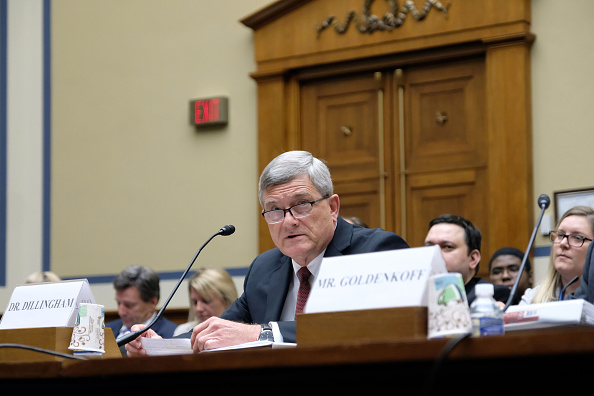It took the Census Bureau two and half weeks, but the Bureau has finally provided a response to a simple but hugely consequential question posed to Census Director Steve Dillingham at a House hearing last month.
Dillingham was asked by Rep. Ayanna Pressley (D-MA) to confirm that citizenship data the Bureau was collecting under President Trump’s recent executive order would not be used for in the count it provides for doling out congressional seats among the states.
“Let me get back to you,” Dillingham said, appearing visibly confused by her question. He committed to submitting an answer in writing within the next 10 days.
The Constitution mandates that apportionment be based on “whole number of persons in each state.” That language is almost universally understood to mean that the apportionment count includes not just citizens, but noncitizens living in the United States, including those without legal status.
Yet Attorney General Bill Barr cast doubt on that understanding when he alluded to a “dispute” over apportionment in remarks about Trump’s citizenship data executive order.
It appeared to be a reference to a longshot Alabama lawsuit that is seeking to exclude undocumented immigrants from the apportionment count the Census Bureau provides. Doing so would boost the political power of rural, white states to the detriment of more diverse, urban states.
The Bureau’s written answers provided Friday also appeared to allude to that court case.
“The issue you asked about is currently in litigation and we do not comment on ongoing litigation, but the Census Bureau will fulfill its constitutional mandate to conduct a complete and accurate 2020 Census and enumerate all persons living in the United States of America,” the Bureau said, according to a spokesperson in Pressley’s office.
The Bureau missed the original deadline to supply the written response and had asked for an extension to submit it by Friday, which it did at the very end of the day.






